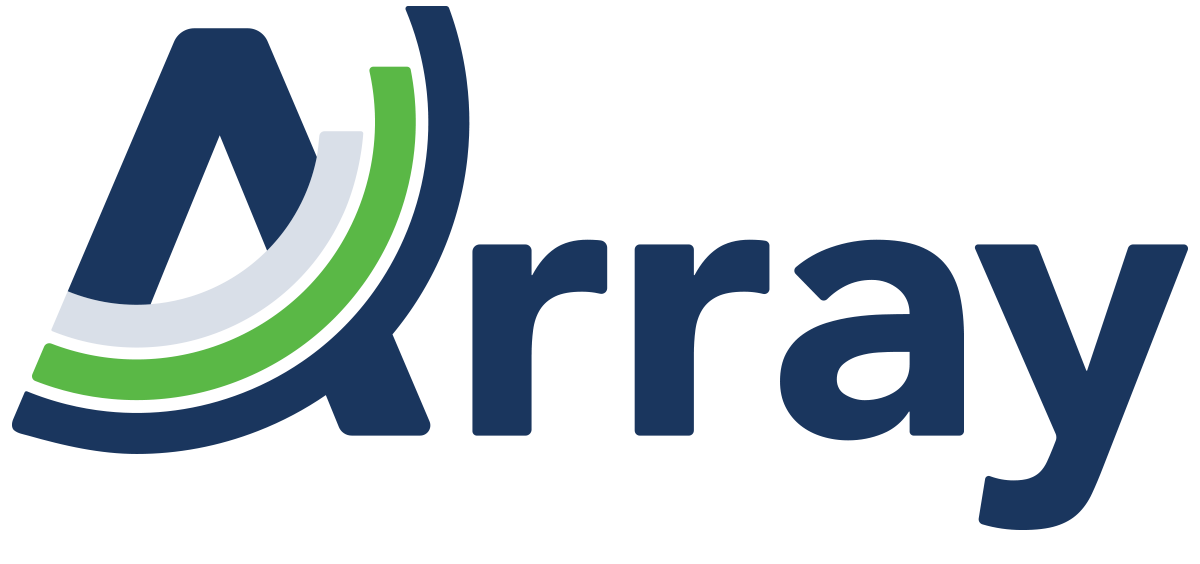As the legal industry continues to embrace eDiscovery and cutting-edge technologies like generative AI, it’s easy to overlook the enduring role of paper documentation. While these advancements have undoubtedly transformed data management, paper persists as a crucial component, driven by geographic differences, court requirements, and industry-specific factors.
The Evolution of eDiscovery and Paper’s Relevance:
The rise of eDiscovery in the late 1990s was catalyzed by the growing use of email and electronic documents, which reshaped the traditional discovery process. As we entered the 2000s, legal professionals grappled with proprietary data formats and massive data volumes, prompting the 2006 amendments to the Federal Rules of Civil Procedure to solidify electronic discovery practices.
However, despite these digital advancements, paper documents have remained an integral part of the litigation process. From deposition exhibits to courtroom trial binders, tangible paper copies are often essential and required for courtroom proceedings.
Paper’s Persistence: A Multifaceted Phenomenon
Geographic Differences: Certain regions have well-established legal precedents or long-standing court procedures favoring paper documentation. Local regulations and court rules may mandate or strongly encourage the use of paper, particularly in areas with deeply rooted traditions. Cultural differences can also contribute to a preference for tangible documentation among specific demographics.
Court Requirements: Courtrooms are frequently steeped in tradition, and many judges or courtroom personnel prefer or require paper copies due to familiarity or technological limitations. Paper documentation is crucial for maintaining a clear chain of custody and ensuring the integrity of evidence in legal proceedings. Certain court rules necessitate the submission of paper exhibits, filings, or courtroom presentations, seamlessly integrating with eDiscovery workflows.
Industry-Specific Factors: Industries with strict compliance requirements or heavily regulated environments may rely on physical documentation for audits or record-keeping purposes. Additionally, some industries are hesitant to fully embrace digital transformation due to concerns over data security, privacy, or the risk of data breaches. Client preferences also play a role, as certain clients may favor tangible documentation or have specific requirements for paper-based materials.
Our Commitment to Paper and eDiscovery:
At Array, we understand the importance of catering to the diverse needs of our clients in the ever-evolving eDiscovery landscape. While we pride ourselves on being at the forefront of eDiscovery technology, we also remain true to our litigation support roots, offering a comprehensive suite of paper-based services.
In the dynamic world of eDiscovery and generative AI, the humble paper document remains an integral part of the legal process. At Array, we’re dedicated to bridging the gap between traditional paper discovery and cutting-edge technology, ensuring our clients have access to the best of both worlds.
Ready to streamline your eDiscovery workflow while seamlessly integrating paper documentation? Contact Array today to learn more about our services.
Jason Lindahl, Business Development
With over 20 years of experience in the litigation support industry, Jason delivers exceptional service and solutions to clients, ensuring that their needs are not only met but exceeded. Jason aims to bridge the gap of using technology to simplify the legal realm. Thriving on solving problems and consistently, Jason goes above and beyond to elevate the client experience. His focus revolves around managing client projects and exceeding their expectations for any litigation support needs including eDiscovery, Managed Review, Forensics, and more. Jason is deeply committed to educating clients on the value that Array brings to the table: commitment to speed, accuracy, and unmatched service in providing litigation support.

